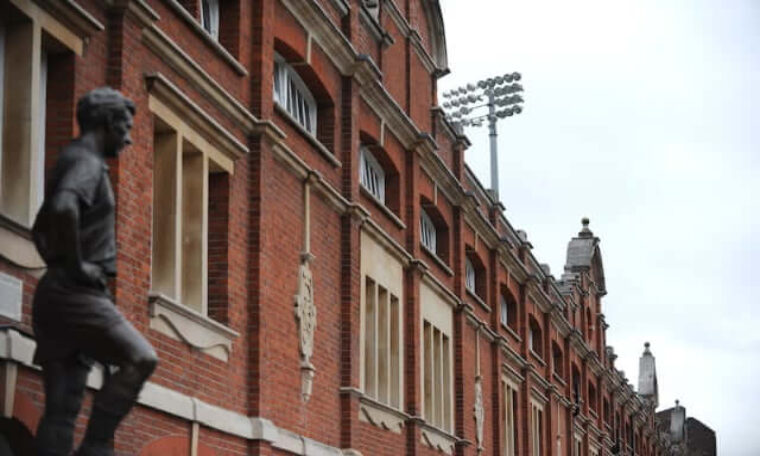Why football governance matters

Supporters Direct’s Kevin Rye on why the governance review is another missed opportunity for football
“If you look across sport, it is very clear to me that football is the worst-governed sport in the country, without a doubt.“
Hugh Robertson MP, Minister for Sport and the Olympics, January 2011
Football was given its most recent chance to reform as a result of the Culture, Media and Sport Select Committee review of Football Governance, last summer. The report provided some pretty radical thinking on the big issues affecting our game.
The report was the result of pledges secured by the Trust movement in the Conservative manifesto and the Coalition agreement. In their October 2011 response, the Government supported the the Committee’s recommendations from, threatening legislation if the authorities failed to act strongly enough.
The areas that were of greatest concern to the Committee, and Government, were:
- Reform of the FA
- Club Licensing
- Supporter Engagement and Supporter Ownership of football clubs
- Supporters Direct’s funding situation
- Unsustainable debt
- The number of insolvencies
- Fit, proper and transparent ownership
- Asset Protection
Supporters Direct produced three papers in response to the Committee’s report:
- SD Key Principles of Club Licensing, highlighting a progressive pathway for increased supporter rights in terms of relationships with their clubs
- SD Financial Regulation Issues, which identifies financial and regulatory barriers for supporter investment and outlines proposed remedies
- SD Agenda for Expert Group – the purpose was to suggest the terms of reference for group to examine how recommendations for increased supporter engagement could be delivered.
These were submitted to the football authorities, Mr. Robertson and over 500 MPs. The FA, the Premier League, the Football League and National Game finally published their response to this review on March 9th. Although we saw the acceptance of basic principles such as licensing, and the introduction of Financial Fair Play in the Premier League and Championship – something SD called for – fundamental reform that would make football fit for years to come was avoided, and a whole series of issues, it would appear, are potentially being kicked into the long grass and in some cases avoided entirely.
An example is the debt issue, so important to all of us, and the whole of football. The word appears just once – but unfortunately it’s referring to the “debt of gratitude to volunteers” working across the country for football. Yet the word ‘debt’ appeared over 50 times in the Select Committee report alone. Guardian journalist David Conn, who knows more about these issues than most, accused the FA of surrendering their authority with ‘barely a whimper’.
The response is far too vague on far too many issues. Supporter rights and responsibilities – where supporters’ trusts would work towards a formal role at a club as part of the licence conditions – was a key issue for the Trust movement. We will be seeking discussions with the FA and Leagues in the football pyramid as well as the Minister for Sport.
One of the other major issues for us was our own future funding. The committee and the Government made a major play of the need to secure future funding for SD through football, the Government itself saying “a solution to provide funding for the long-term future of Supporters Direct… should not be beyond the skills of the football authorities”. But the authorities have almost completely ignored this, saying instead that we “should primarily rely on funding raised from its membership or their own initiatives.”
The financial commitment alone of supporters’ trusts has averaged £2.5m a season since 2000 (money which has often been part of dealing with debt and insolvency problems that the authorities have failed to get to grips with – there have been 92 insolvencies in the top five divisions since 1992) that have cost the game £5m during this period, or a net investment of £25m.
We have outlined our views to our over 140 English and Welsh affiliated trusts. We also need to identify the opportunities we have as movement to force further change, working with trusts as partners, and their over 250,000 members – in other words you.
